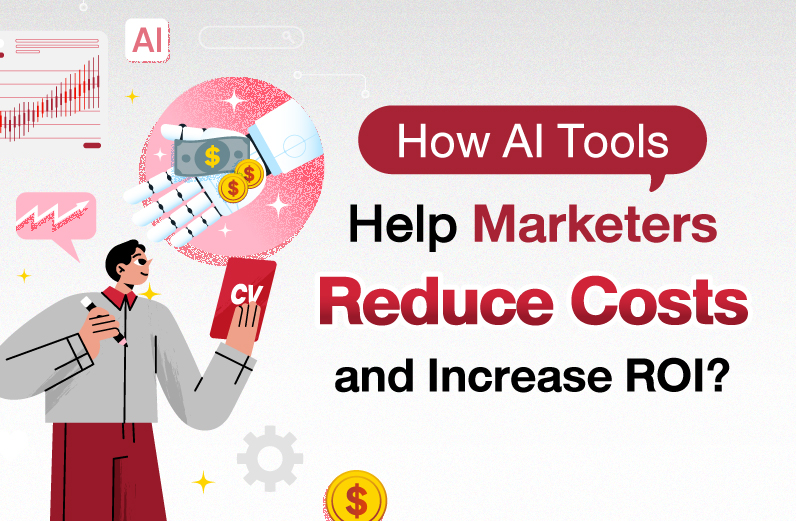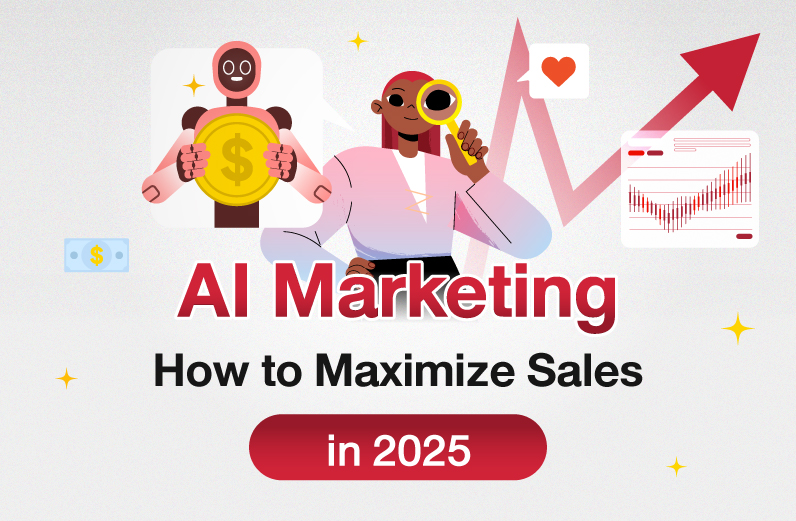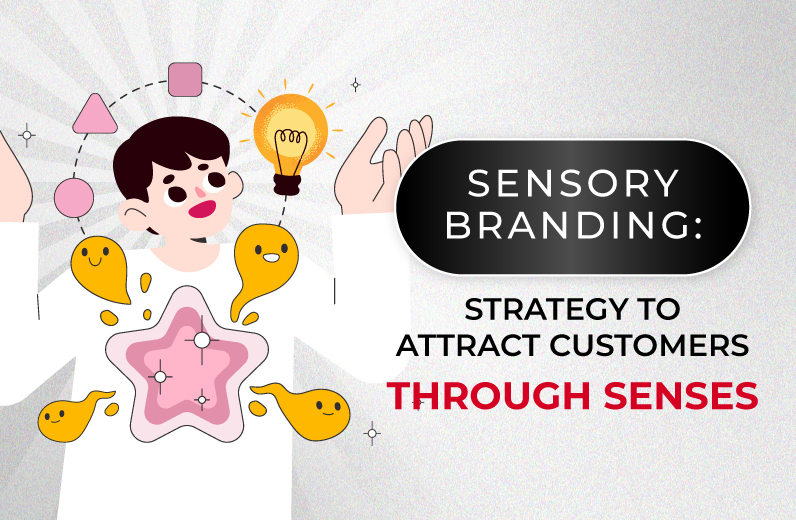Empower Your Marketing with CRM and CDP: Unify Customer Data for a 360-Degree View

In today’s digital age, customers engage with brands through multiple channels—websites, social media, apps, call centers, and physical stores. To gain a comprehensive understanding of each customer, it is essential to consolidate data from all these interactions into a single view.
Integrating CRM (Customer Relationship Management) and CDP (Customer Data Platform) has become a key strategy for modern marketers. This combination empowers brands to collect, analyze, and utilize customer data more effectively covering behavior, purchase history, interests, and customer experience across the journey. This integration improved conversion rates and a seamless, personalized experience across channels, which are key to long-term customer retention and loyalty.
In this article, we’ll explore the differences between CRM and CDP, and why combining them can significantly enhance your marketing strategy
What’s the Difference Between CRM and CDP?
In the digital marketing landscape, customer data is a vital asset that allows brands to accurately understand customer behavior, needs, and decision-making processes. More organizations are adopting CRM and CDP systems to manage customer data and enhance marketing operations. While both systems serve different purposes, they complement each other effectively.
CRM (Customer Relationship Management)
Focuses on managing interaction-based data, such as:
- Contact details, purchase history, service records
- Best suited for sales and customer service teams for real-time tracking and follow-ups
CDP (Customer Data Platform)
Designed to consolidate data from multiple sources both online and offline to create a unified customer profile for marketing analysis, including:
- Website behavior tracking
- Email engagement and ad responses
- App usage
- Customer journey insight
Key Considerations for CRM and CDP Integration
Technology Infrastructure Readiness
Organizations should assess whether their current IT systems can support real-time integration between CRM and CDP in terms of speed system speed, reliability, and scalability.
Data Security and Compliance
All customer data must be managed securely and in compliance with relevant regulations. Protecting personal information is essential for reducing legal risks and building trust with customers.
Data Access Control
Clearly define data access levels based on roles and responsibilities to ensure internal data security.
Talent Development
Organizations should provide adequate training to ensure that employees can use both CRM and CDP systems effectively. This enables teams to fully leverage the systems' capabilities and achieve better performance.
Benefits of Integrating CRM and CDP
360° Customer View
The integration CRM and CDP offers a complete view of customers from transaction history and behavior patterns reactions to marketing campaigns.
Enhanced Customer Segmentation
Complete and accurate data allows for more precise segmentation. Brands can deliver tailored content and targeted marketing campaigns.
Enhance Personalization Marketing
With deeper insights into individual customer contexts, brands can deliver personalized offers and experiences, fostering long-term satisfaction and loyalty.
Cost Efficiency in Marketing
Data-driven planning helps optimize budget. Brands can target the right audiences more effectively and improve conversion rates with less effort.
Summary
Integrating CRM and CDP systems is more than a technological upgrade—it’s a strategic to organizing customer data into actionable insights that give your brand a competitive edge. With clearly structured data, your marketing becomes more targeted, more relevant, and more effective in driving customer growth and long-term relationships.
If your organization is exploring how to effectively integrate CRM and CDP, our expert team is ready to support your journey. Let us help you design a data-driven marketing strategy that positions your business for long-term success.





